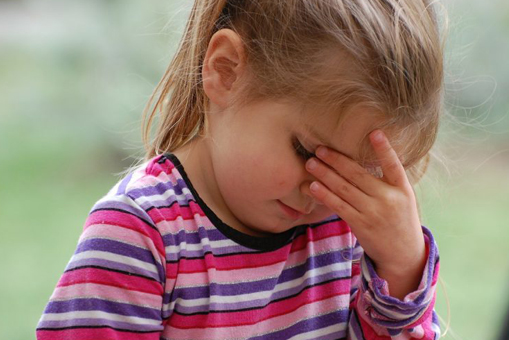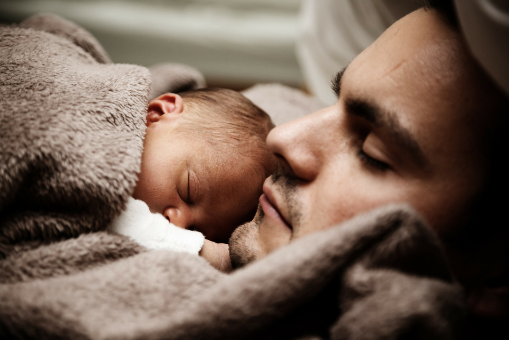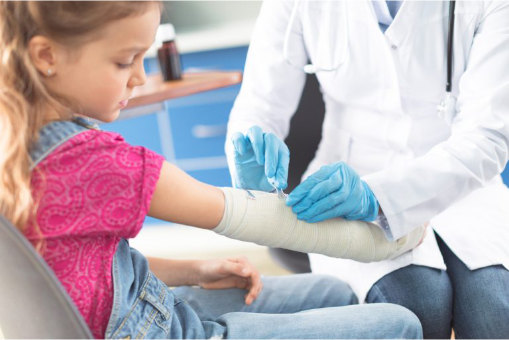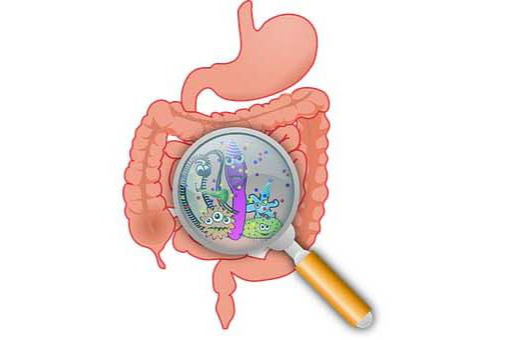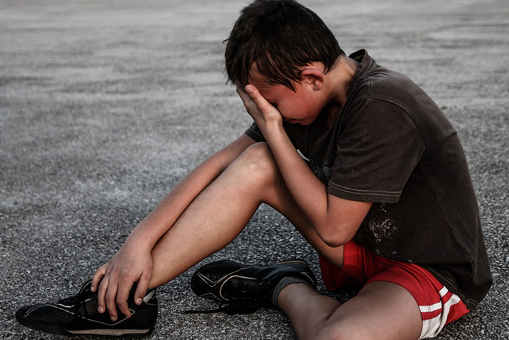We want to create a long-term relationship of trust and health with parents and children
Childhood headaches are relatively frequent. In most cases, they are harmless symptoms caused by inflammations of the respiratory tract accompanied by fevers. Headaches can be caused by bacterial inflammations of the mucosa of the upper respiratory tract (sinus infections in older children), the flu, as well as other viruses. Headaches frequently accompany infectious mononucleosis and chickenpox. Painkillers (paracetamol, ibuprofen), cleaning the nose and inhalations help supress headaches fairly quickly. Once the headache has gone, the child’s overall condition seems good, they do not look fatigued and want to eat and drink.
School-age and – less frequently – preschool children may suffer from so-called tension headaches: headaches caused by emotional tension (starting kindergarten or school, schoolwork). As a rule, the child’s overall condition is good, the child does not experience nausea and the headaches disappear during school holidays. It is important to ensure sufficient time for sleeping and resting (preferably an active rest, in the fresh air). Nevertheless, checking for possible organic causes of the pain (illness) and consulting a psychologist is recommended.
However, headaches can be symptoms of severe, life-threatening illnesses, so caution is advised. If medication does nothing to relieve the pain, if the child’s general condition is bad, if the child has a high fever and vomits, contact your doctor without delay. In cases like this, it is important to eliminate the possibility of inflammation of the brain (encephalitis) and brain membranes (meningitis). In cases where such inflammations are determined, it is crucial to begin treatment as soon as possible in order to increase the chances of complete recovery without consequences.
Sudden strong headaches which are not accompanied by inflammation symptoms (the child does not have a heightened body temperature, there are no signs of a cold or rash), especially when followed by nausea, vomiting, or vision problems (e.g. the child complains of a loss of vision in one eye or in one part of the field of vision), should also be taken seriously. In cases like this, medical assistance should be sought immediately to eliminate the possibility of an inflammation of the brain or brain membrane, or a brain haemorrhage. The first migraine attack may manifest itself in this way, even among preschool children. This usually occurs among children whose parents also suffer from migraine headaches.
If the child complains of occasional or regular daily headaches for more than a few weeks, medical examinations and tests are necessary to eliminate the possibility of a brain tumour. In such cases, headaches are accompanied by nausea and a lack of appetite, the child appears tired and the headaches become more intense in a lying position, causing the child to wake up during the night.
In conclusion, if the child’s general condition is good, if the headaches are not strong and do not last for more than a few days, the condition can be treated at home with the help of pain relievers (the same medication can also reduce fever), ample amounts of fluid, and rest. It is extremely important to follow instructions regarding the administration of medicine and not exceed the recommended dosage. In the case of lengthy or strong headaches accompanied by a general poor condition, rash, nausea or vomiting, contact your doctor without delay.
